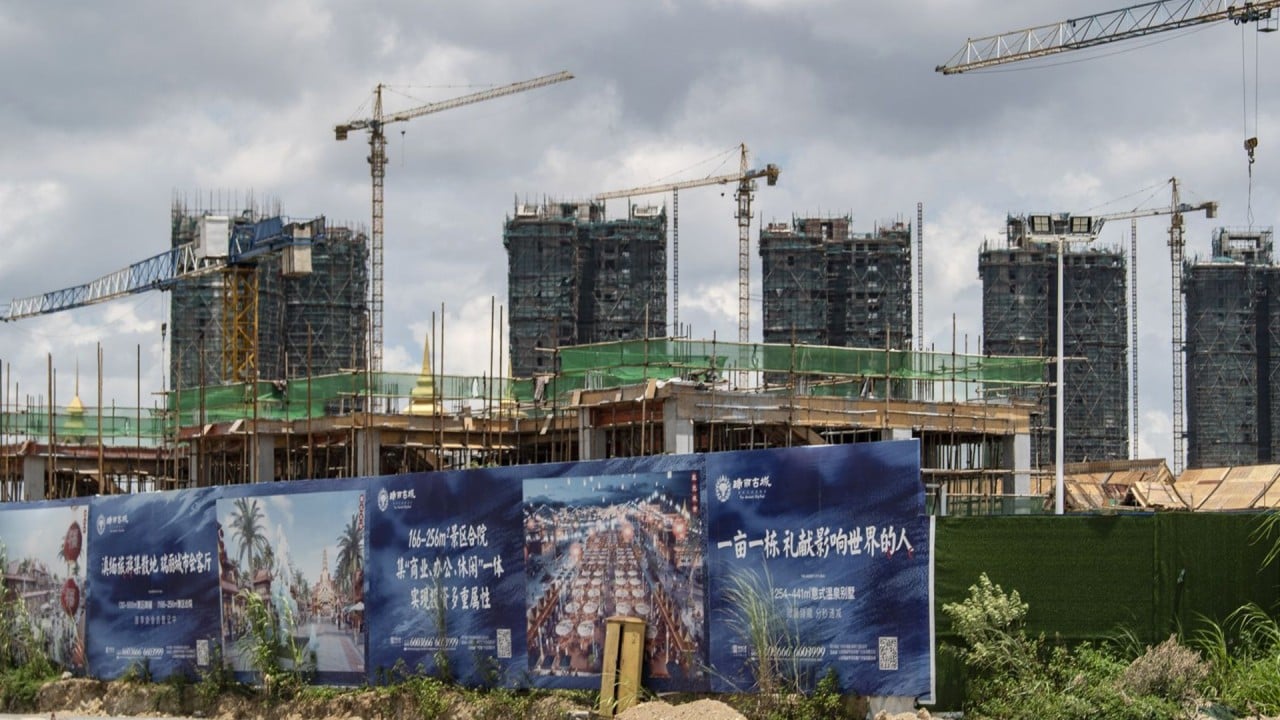
Chinese homebuyers become more cautious, look to Japan’s experience amid Beijing’s efforts to stimulate demand in property market
- Times of Negative Property Value, a book on the collapse of Japanese housing prices, has become a must-read in China where the property market is down
- That echoes growing concerns about how property is rapidly losing its appeal as the primary means for a Chinese household to accumulate wealth
An obscure book, the Chinese title of which translates to Times of Negative Property Value, has suddenly seized the attention of readers on the mainland.
The book warns of what could go wrong in the housing market. Its cover blurb describes how the value of some properties in Japan have completely disappeared and that owning such flats mean endless liabilities.
While property remained a common topic of conversation at family gatherings during the Lunar New Year break, public perceptions about this market appear to have significantly changed compared with three years ago.
First, it is no longer taken for granted that property prices will always go up. Second, property is increasingly viewed as a bad investment owing to low liquidity. The country’s second-hand residential market, for example, has been extremely weak in many cities.
Among all my friends and relatives in China, I recently found only one case of so-called rigid demand for housing. A nephew is trying to buy a flat in Hangzhou, the capital of eastern Zhejiang province, where his job is located and where he wants to settle down to start a family.
7 takeaways from China’s 2022 population figures
In the coming months, more Chinese cities will jump on this bandwagon to stimulate property investment, especially for first-time homebuyers. Despite talk of economic upgrading and restructuring, the central government is still keen to support property as the irreplaceable nexus between the country’s political and economic systems.
After Beijing made a policy U-turn by hailing the property market as a “pillar industry” for the national economy, a kind of “last dance” atmosphere has set in. A friend is already trying to “upgrade” his living conditions by selling a flat as down payment for a town house. He sees a chance of getting this deal done in 2023 to take advantage of revived property trading and lower mortgage rates.
The hope is that 2023 will be a good year for property agents and developers across China, as demand returns amid various long-term challenges in the market.
China property crisis: Officials draft 21-point action plan to aid developers
Still, perceptions about the opportunity of creating wealth from another property market boom have inexorably changed. People have started to sharpen their focus on potential risks and downsides in the housing market, instead of just zeroing in on getting a higher return on investment.
Those reading Times of Negative Property Value represent a more cautious property investor community now weighing the potential worst-case scenario in the market. For the Chinese government, this change in attitude among homebuyers must be taken seriously, while it continues to promote increased investment in the property market.


